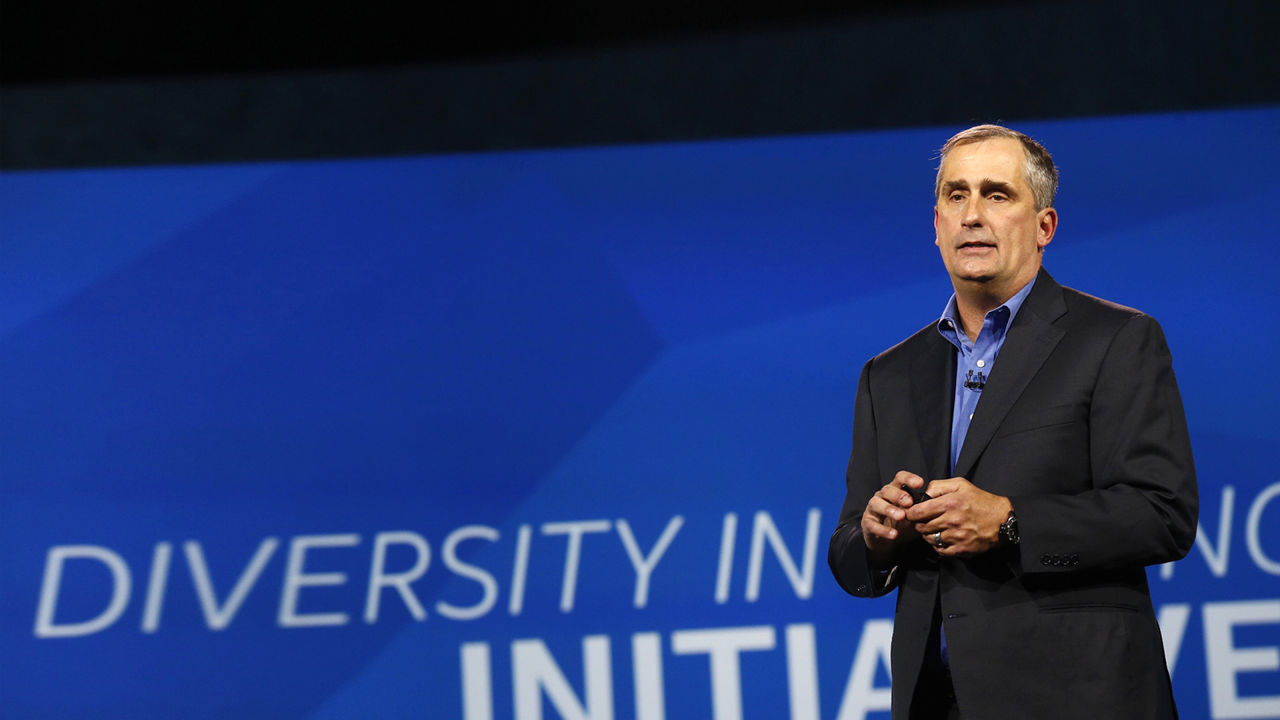
News 2
11 Feb Small Changes Can Make A Big Difference In Tech Diversity
There's no doubt that many employers feel most comfortable hiring people like themselves. But in InfoSec, this approach can lead to stagnation. Whenever the lack of diversity in tech is discussed, you can always count on it sparking a debate over whether it is due to a “pipeline” problem or a “culture” problem. In other words, are there too few “minorities” interested in studying tech, or are they being repelled for some reason?10 Feb Why is it so hard for women to get taken seriously by VCs?
Just before the holidays I had coffee with Anne, an ex-MBA student running a fairly large product group at a search engine company, now out trying to raise money for her own startup. She had an interesting insight: Existing content/media companies were having the same problem as hardware companies that rarely made the leap to new platforms. And she had a model for a new media company for mobile and wearables. I thought we were going to talk about her product progress, so I was a bit taken aback by her most pressing question, “Why is it still so hard for a woman to get taken seriously by a venture capitalist?”09 Feb Boosting diversity at tech firms to be a focus at Rainbow PUSH summit
The Rev. Jesse Jackson will focus in part on increasing diversity at the world’s biggest technology companies at the 18th annual Rainbow PUSH Wall Street Project Economic Summit, which kicks off in New York on Tuesday. Increasing opportunities for minority- and women-owned investment firms will also be among issues tackled at the three-day conference, Jackson said.08 Feb MINORITY LEADERS ON WHAT INTEL’S $300 MILLION PLEDGE WILL MEAN TO TECH DIVERSITY
There is a lot of lip service given fixing Silicon Valley's diversity problem. But Intel CEO Brian Krzanich promised a bold move last week when he announced that his company was pledging $300 million to be used over the next three years to help eradicate the lack of diversity in the tech space. Krzanich’s announcement addressed both his company’s internal diversity issue—Intel’s workforce is 76% male and just 4% black and 8% Latino—and the greater issue for Silicon Valley at large. He said, by funding engineering scholarships, supporting historically black colleges and universities and other means yet to be specified, that he hopes "to reach full representation at all levels" in the next five years. The actual number is undefined, he says it would represent a gender and racial breakdown equal to the number of qualified workers in the field.07 Feb Apple And Intel Employees Work On MLK Day: Are Tech Diversity Efforts Sincere?
In their Golden Globes opening, hosts Tina Fey and Amy Poehler delivered a rundown of the five films nominated for Best Motion Picture—Drama. While describing Selma as the story of the epic march from Selma to Montgomery, culminating in LBJ signing the Voting Rights Act...




